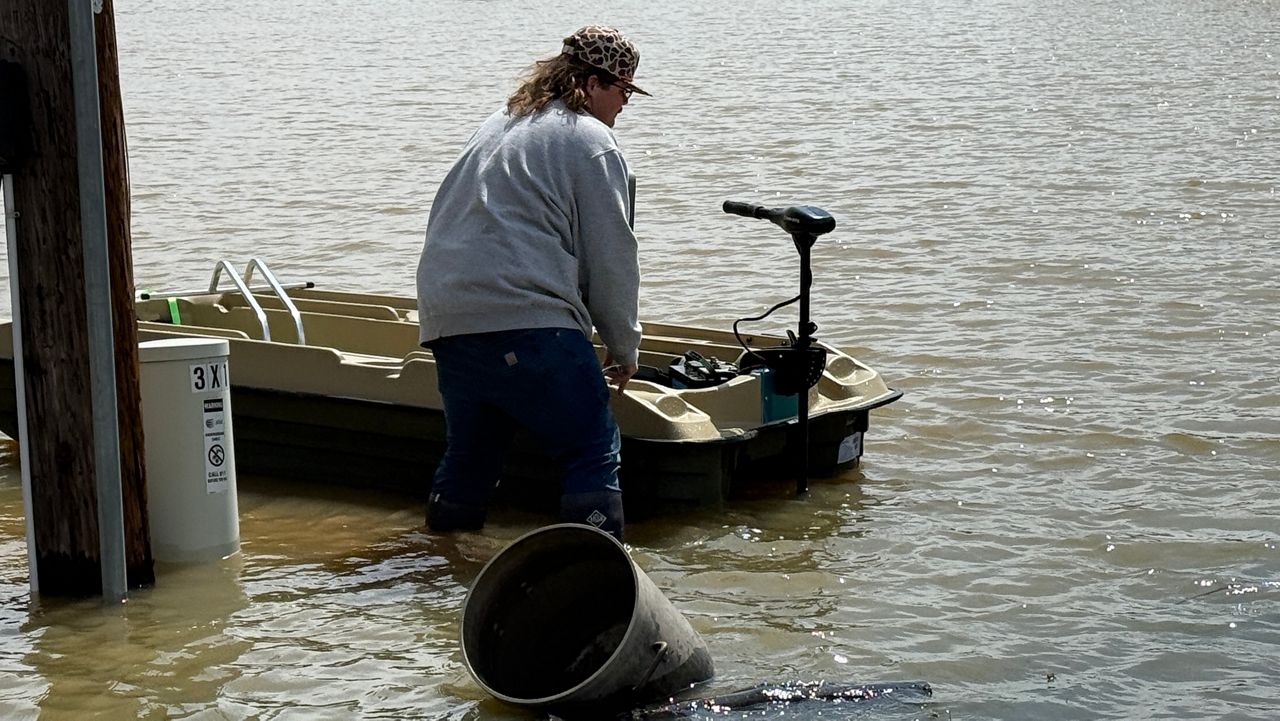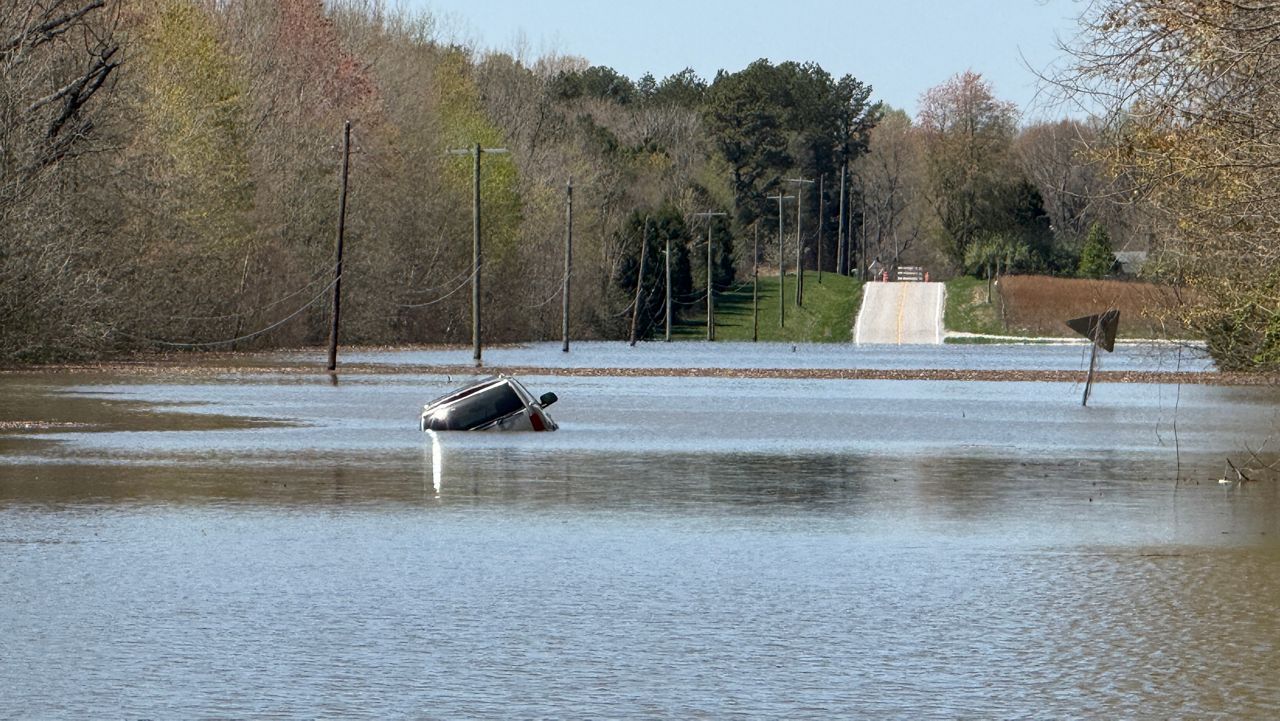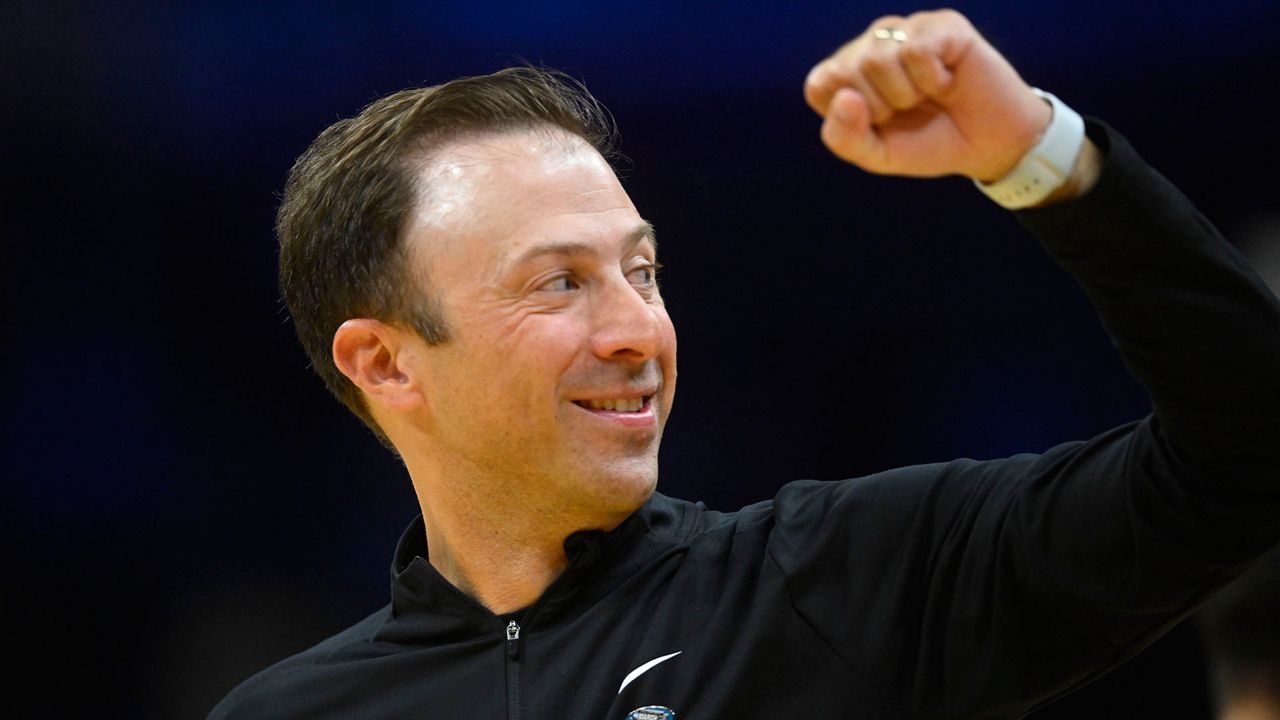OWENSBORO, Ky. — Since sports betting became legal in Kentucky, there has been a significant increase in people calling into the gambling addiction hotline.
One of the state’s few certified counselors says her schedule has been booked as she tries to help as many people as she can. Thankfully, she says, more help is on the way.
On Sept. 7, Kentuckians placed their first legal sports bets at racetracks around the state. Then on Sept. 28, they began placing bets on their phones.
Since then, calls to Kentucky’s problem gambling hotline have tripled according to Dr. RonSonlyn Clark, President of the Kentucky Council on Problem Gambling.
“And we went from 112% increase in September to 211% in October, so I think that’s a direct result of having the ease at your fingertips,” Clark said.
She said October had the largest volume of calls Kentucky’s gambling hotline ever received. Calls are answered in Owensboro by River Valley Behavioral Health. Call takers have been trained by the Kentucky Council on Problem Gambling.
November saw a 175% increase in calls.
“In each of the months: September, October, November and December, at least one of the phone calls that we took had to do with someone who was a gambler who was also suicidal,” Clark said. “What I’m hearing mostly is that these individuals were gambling before. They were doing a lot of internet gambling. They were using a bookie to place their sports bets. And now it’s just so much easier and available at your fingertips, literally with your phone. And that it’s just become even more obsessive to them. And they can get into some real trouble real quickly.”
She said, on average, one in five gambling addicts will attempt or complete suicide, the highest of any mental health disorder.
Clark is one of only seven certified gambling counselors in the state. Some regions like Northern Kentucky don’t have a dedicated counselor, so a lot of the people who call from there will get rerouted to Clark, who is based in Owensboro.
From Jan. 22 to Jan. 26, the Kentucky Council on Problem Gambling is offering a 30-hour training for clinicians in Kentucky. The goal, Clark said, is to add 10 to 15 more certified counselors by the end of the year.
“This is not something that can wait. When someone calls, and they’re suicidal because of their gambling debt, we need to be able to see them immediately,” she said. “Because we know the disease is progressive. And what starts out with some fun, and for most people a big win, is going to turn around and you’re going to lose. And the more you lose, you begin to chase your bets, the more trouble you’re going to get into.”
Clark said 2.5% of the revenue from sports gambling will go toward Kentucky’s problem gambling fund, but that money likely won’t be available until this summer.
She said the workload over the last few months has been immense, but she thinks the state has a good grip on the issue, and she’s happy to be in the fight.
“It can literally save their lives. Because of the high rate of suicide. It can save marriages and families and the loss of homes,” Clark said.
One of the first things she tries to do with clients is have them set up an app that prevents them from reaching gambling sites and those sites from reaching them.
But first, they have to reach out for help.
Anyone who needs help should call the 1-800-gambler hotline (1-800-662-4357).










